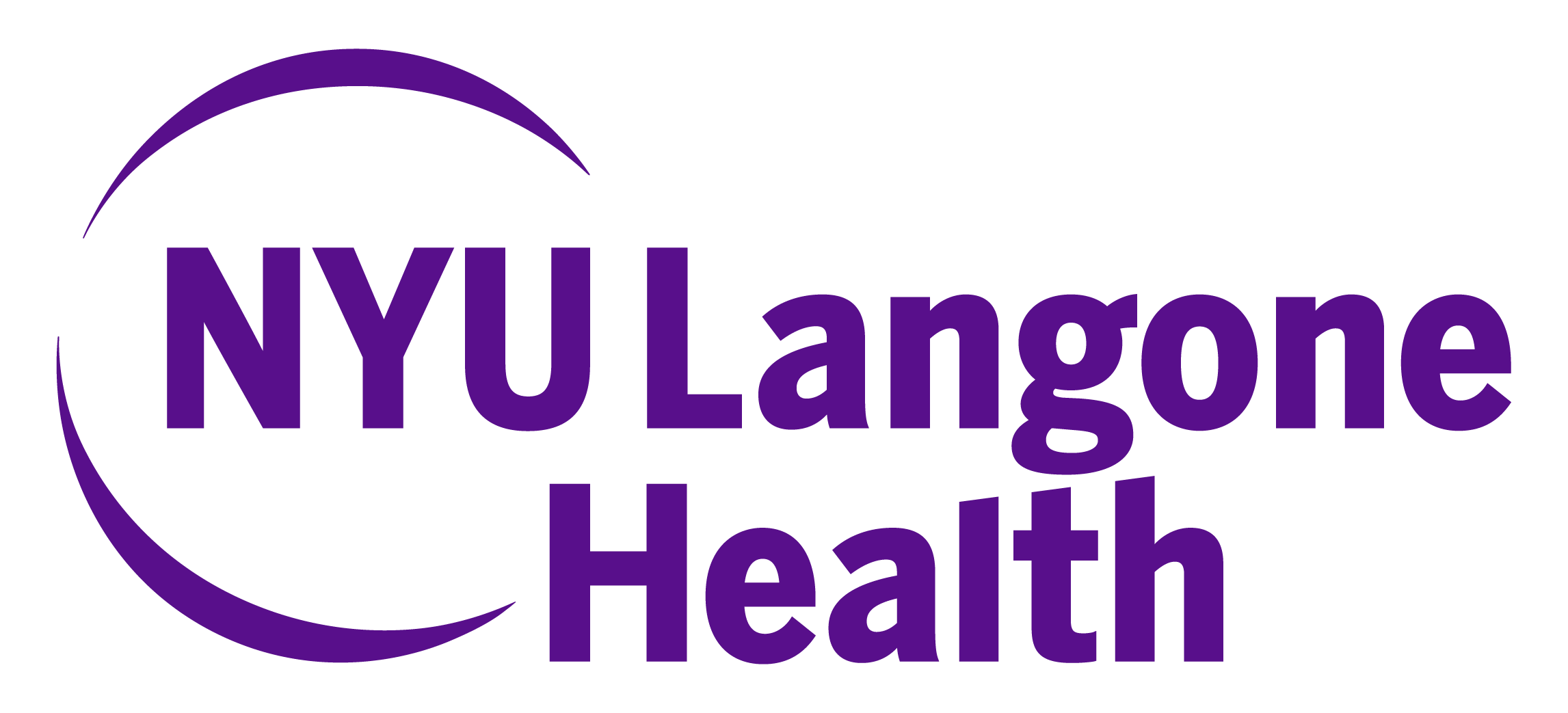- Advertise
- About OncLive
- Editorial Board
- MJH Life Sciences brands
- Contact Us
- Privacy
- Terms & Conditions
- Do Not Sell My Information
2 Clarke Drive
Suite 100
Cranbury, NJ 08512
© 2025 MJH Life Sciences™ and OncLive - Clinical Oncology News, Cancer Expert Insights. All rights reserved.
Dr. Weber on Unmet Needs in Melanoma
Jeffrey S. Weber, MD, PhD, discusses unmet needs in melanoma.
Jeffrey S. Weber, MD, PhD, deputy director and co-director of the melanoma program, Laura and Isaac Perlmutter Professor of Oncology, Department of Medicine, NYU Langone Health’s Perlmutter Cancer Center, 2016 Giant of Cancer Care® in Melanoma, discusses unmet needs in melanoma.
Patients with melanoma who have been surgically resected and rendered free of disease, but are still at high risk for relapse, represent a major unmet need in the space, says Weber. The definition of high risk varies; however, it typically is defined by patients who have at least a 50% risk of relapse over 5 years. Moreover, given the modest toxicities observed with BRAF/MEK regimens, high risk could also be defined as anyone who has a 25% or greater risk of relapse over 5 years, Weber explains.
Additionally, patients with stage IIIC and IIID melanoma tend to have poor prognosis and represent a challenging population to treat, Weber says. Historically, seeking an optimal adjuvant therapy for these patients has been an area in need of additional research. Currently, treatment options include PD-1 inhibitors, such as nivolumab (Opdivo) or pembrolizumab (Keytruda), or BRAF/MEK inhibitors, such as dabrafenib (Tafinlar) and trametinib (Mekinist), Weber concludes.


